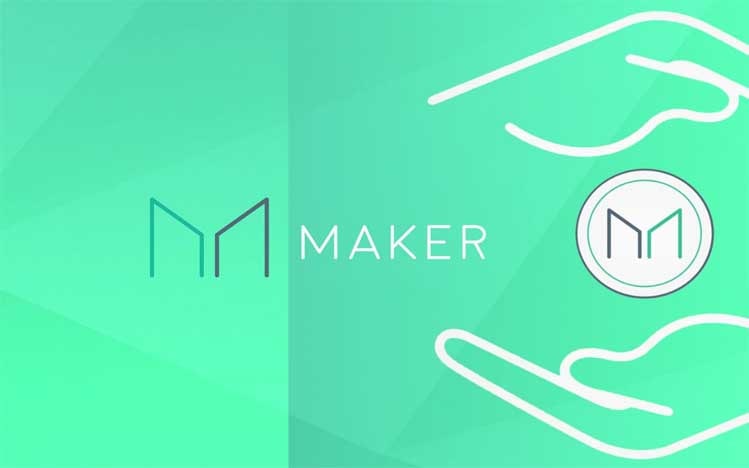
MakerDAO is a decentralized autonomous organization that is behind the creation of Dai, a stablecoin that is pegged to the value of the US dollar. This stablecoin is designed to be used as a medium of exchange, a store of value, and a unit of account. The governance system of MakerDAO is one of the key features that sets it apart from other stablecoin projects. In this article, we will take a closer look at how the MakerDAO stablecoin governance system works and why it is important. You can check Immediate Bitcoin app for more info.
What is MakerDAO’s Stablecoin Governance System?
MakerDAO’s stablecoin governance system is a decentralized governance system that is designed to enable the Maker community to govern the Maker protocol. The system is based on a token voting mechanism, where Maker token holders can vote on proposals that impact the Maker protocol. The Maker protocol is the underlying technology that powers the Dai stablecoin.
The governance system is designed to be transparent, open, and democratic. Any Maker token holder can submit a proposal, and any other Maker token holder can vote on that proposal. The Maker community can also delegate their voting power to a trusted delegate if they do not want to vote themselves. The voting process is carried out on-chain, which means that the results of the vote are immutable and transparent.
Why is MakerDAO’s Stablecoin Governance System Important?
MakerDAO’s stablecoin governance system is important for several reasons. First, it ensures that the Maker protocol remains decentralized and autonomous. The Maker community governs the protocol, which means that there is no central authority that can control it. This ensures that the Dai stablecoin remains decentralized, censorship-resistant, and trustless.
Second, the governance system enables the Maker community to make important decisions that impact the protocol. For example, the community can decide to add new collateral types, change the stability fee, or upgrade the protocol. These decisions are made through a transparent and democratic process, which ensures that the Maker community is involved in the decision-making process.
Finally, the governance system incentivizes participation in the Maker community. Maker token holders who participate in the governance process are rewarded with voting rewards. This incentivizes participation and ensures that the Maker community remains active and engaged.
How Does MakerDAO’s Stablecoin Governance System Work in Practice?
In practice, MakerDAO’s stablecoin governance system works through a series of proposals and votes. Any Maker token holder can submit a proposal, which is then reviewed by the Maker community. If the proposal meets the requirements, it is added to the voting portal.
Once a proposal is added to the voting portal, Maker token holders can vote on the proposal using their voting power. The voting period lasts for a specific amount of time, usually two weeks. During this time, Maker token holders can change their vote if they choose to do so.
At the end of the voting period, the proposal is either approved or rejected based on the outcome of the vote. If the proposal is approved, the changes are implemented into the Maker protocol. If the proposal is rejected, it is removed from the voting portal and cannot be voted on again.
Conclusion
MakerDAO’s stablecoin governance system is one of the key features that sets it apart from other stablecoin projects. The decentralized governance system ensures that the Maker protocol remains decentralized and autonomous, while also enabling the Maker community to make important decisions that impact the protocol. The system is transparent, open, and democratic, which ensures that the Maker community is involved in the decision-making process. Overall, the stablecoin governance system is an important aspect of MakerDAO’s mission to create a decentralized and trustless financial system.
(*)


